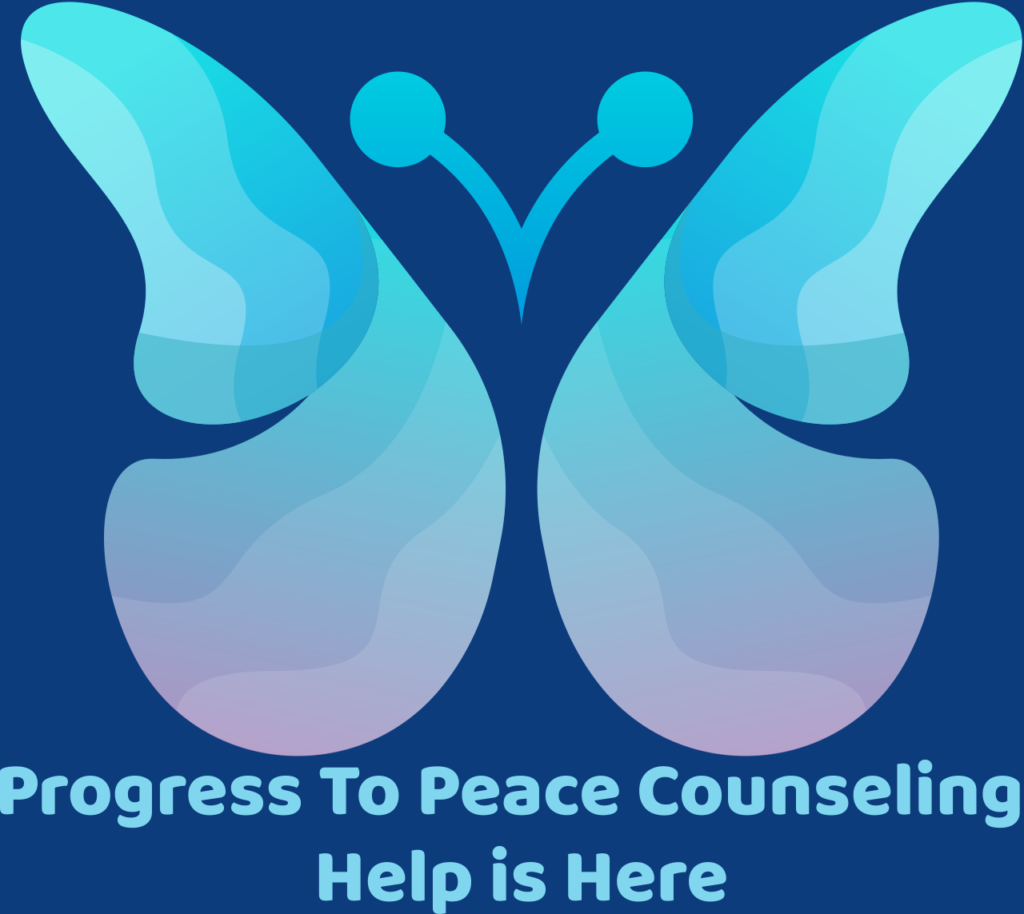Life is filled with both joy and sorrow. Loss, whether it’s the death of a loved one, the end of a relationship, or a job change, is an inevitable part of the human experience. Grief, the emotional response to loss, can be a powerful and disorienting process. It’s important to remember there’s no right or wrong way to grieve – everyone experiences loss differently.
However, navigating the waves of grief can feel overwhelming at times. This blog post aims to offer some guidance on the healing journey after loss.
Understanding Grief
Grief is a natural and healthy reaction to loss. It can manifest in a variety of ways, both emotionally and physically. You might experience sadness, anger, guilt, or loneliness. You might also experience physical symptoms like fatigue, changes in appetite, or difficulty sleeping. These are all normal responses to a significant loss.
Allowing Yourself to Feel
It’s important to acknowledge your emotions and allow yourself to feel them. Bottling up your emotions can hinder the healing process. Talk to friends, family, or a therapist about what you’re going through. Don’t be afraid to cry, express your anger, or share your memories of the person or thing you’ve lost.
Finding Support
Grief can feel isolating, but you don’t have to go through it alone. Surround yourself with supportive people who understand what you’re going through. Consider joining a grief support group or talking to a therapist who specializes in grief counseling.
Taking Care of Yourself
Grief can take a toll on your physical and mental health. Prioritize self-care during this difficult time. Eat healthy foods, get enough sleep, and exercise regularly. Engage in activities you enjoy, even if it’s just for a short while each day.
Creating New Memories
While honoring the past is important, it’s also essential to create new memories in the present. Gradually re-engage with life and try new things. Spend time with loved ones, pursue hobbies, or volunteer your time to a cause you care about.
Finding Meaning
Sometimes, finding meaning in the midst of loss can be a powerful step towards healing. Consider ways to honor the memory of the person you lost. You could plant a tree in their name, donate to their favorite charity, or start a tradition that keeps their spirit alive.
The Healing Journey Takes Time
Remember, healing from loss is a marathon, not a sprint. There will be good days and bad days. Be patient with yourself and allow yourself the time you need to grieve.
When to Seek Professional Help
If your grief is overwhelming or seems to be getting worse, don’t hesitate to seek professional help. We can provide support and guidance as you navigate the healing process. Here at Progressive Stop Peace Counseling, we have experienced therapists who specialize in grief and loss and can help you find your way back to the light.
Additional Resources:
- The American Psychological Association: https://www.apa.org/topics/depression
- The Dougy Center: https://www.dougy.org/program-finder (Grief support for children, teens, and families)
We hope this blog post has provided some helpful guidance on your journey through grief. Remember, you are not alone. With time, support, and self-care, you can find your way back to a place of peace and hope.















